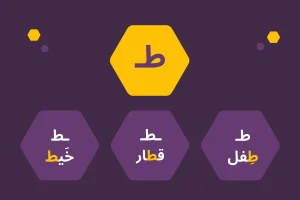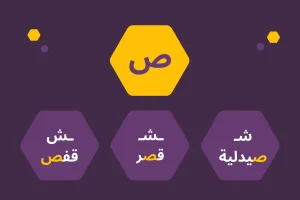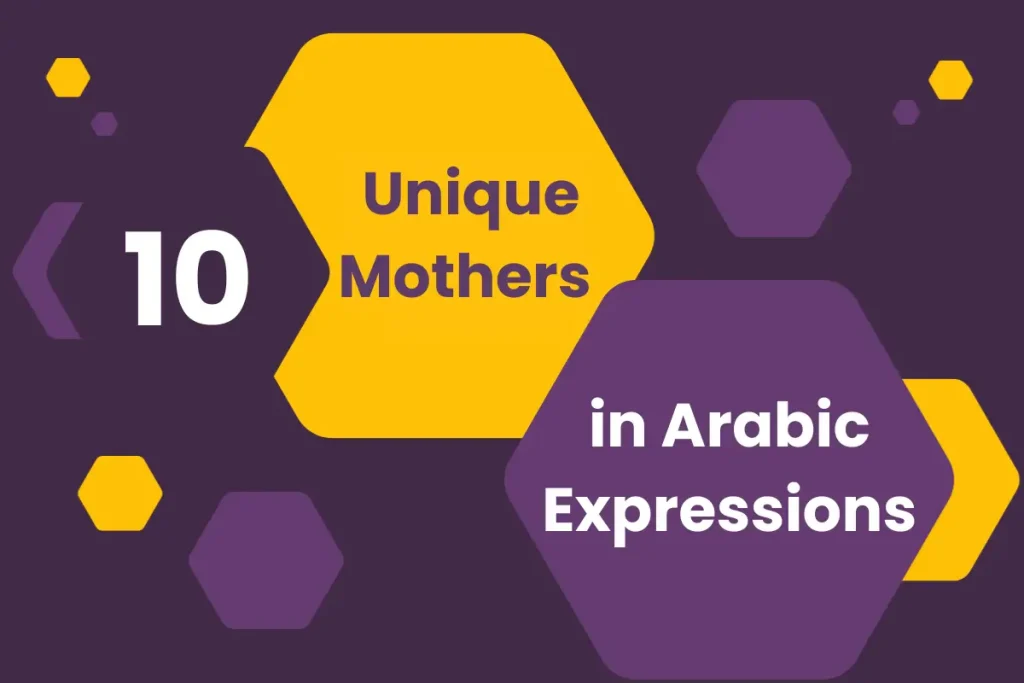
Mothers in Arabic Culture
In Arabic, “mother” doesn’t just give life to people—she gives life to meanings. Across the Arabic-speaking world, the word “أمّ (umm)” is used far beyond family. It is a powerful metaphor to signify the source, origin, or greatness of something.
For Mother’s Day 2025, we have decided to dedicate an article to the word Mother أمّ, and explore the depth of its meaning with ten beautiful Arabic expressions that reflect the cultural and poetic power of أم or “umm” in Arabic.
If you’re learning Arabic, these phrases are a wonderful way to enrich your Arabic vocabulary. They reveal how one simple word can carry many layered meanings depending on context. Advanced learners will also find these metaphorical expressions useful for deepening both their understanding and use of Arabic in a more expressive way.
Why ‘Mother’ is a Powerful Metaphor in Arabic
Arabic is considered one of the richest languages in using metaphors to deliver meanings and highlight the most delicate of ideas. One example is the word “أمّ (umm)”, which is often used to mean origin or the essence of a concept. So, when you call something the “mother” of another, you are saying it is foundational to it, or the root from which all else springs.
This use of the word أم reflects the cultural values in the Arab world. Mothers are seen as the origin of nurture, responsibility, and identity. That’s what makes this metaphor so powerful within Arabic vocabulary.
The word أم or “umm” appears in a wide variety of expressions that have positive or negative connotations. Mostly, they are formal and poetic, making them valuable additions to your Arabic vocabulary. We have chosen ten of the most common Arabic expressions to share with you. These can be easily used in formal writing and speaking by intermediate and advanced learners of Arabic.
10 Unique Mothers in Arabic Expressions
Let’s explore ten of the most common Arabic phrases with the word Mother. These metaphorical expressions are often overlooked in language textbooks, but they’re essential for building a well-rounded Arabic vocabulary.
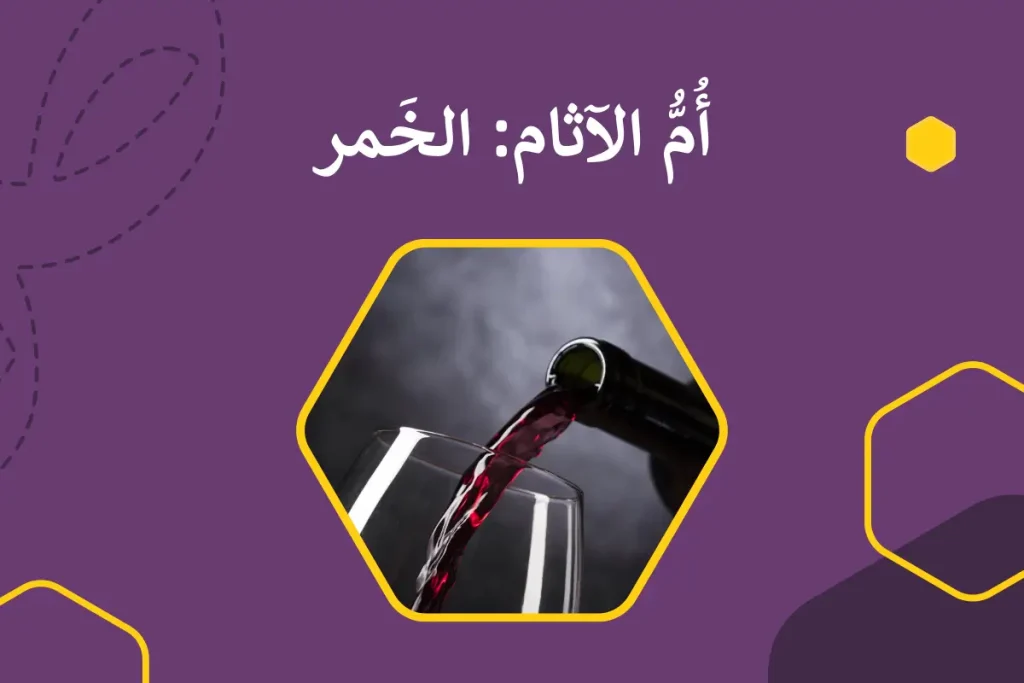
The Mother of Sins
Ummu al-āthām
أمّ الآثام
Wine
alkhamr
الخمر
In Arab and Islamic tradition, wine is metaphorically the root of many moral and social issues. Because it can lead to recklessness, violence, and sin, it’s poetically named the “mother of sins.”
Wine impairs the mind and makes it a gateway to a series of sins, such as lying, murder, adultery, and injustice. This is why it is considered the “mother,” meaning the root or origin, from which all major vices branch out.
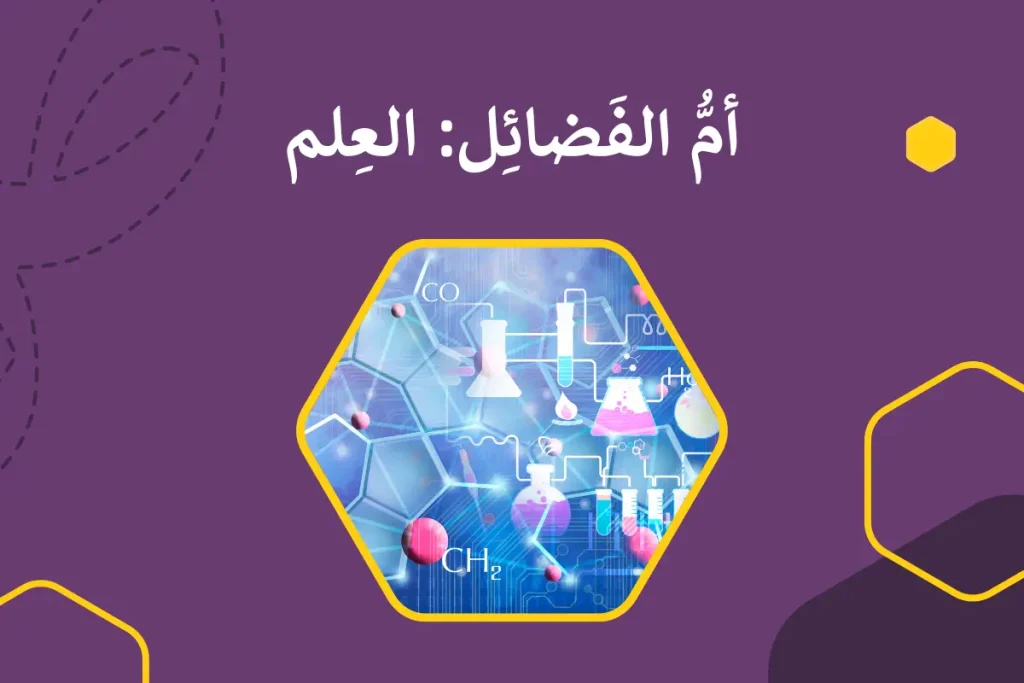
The Mother of Virtues
Ummu al-faḍāʼil
أمُّ الفَضائِل
Science/Knowledge
al-ʻilm
العِلم
This Arabic expression views knowledge as the source of all virtues. Through knowledge, a person distinguishes between good and evil, achieves intellectual and moral integrity, and advances in various fields of life. Here, knowledge is like a “mother” who gives birth to human values, such as freedom, justice, dignity, and tolerance.
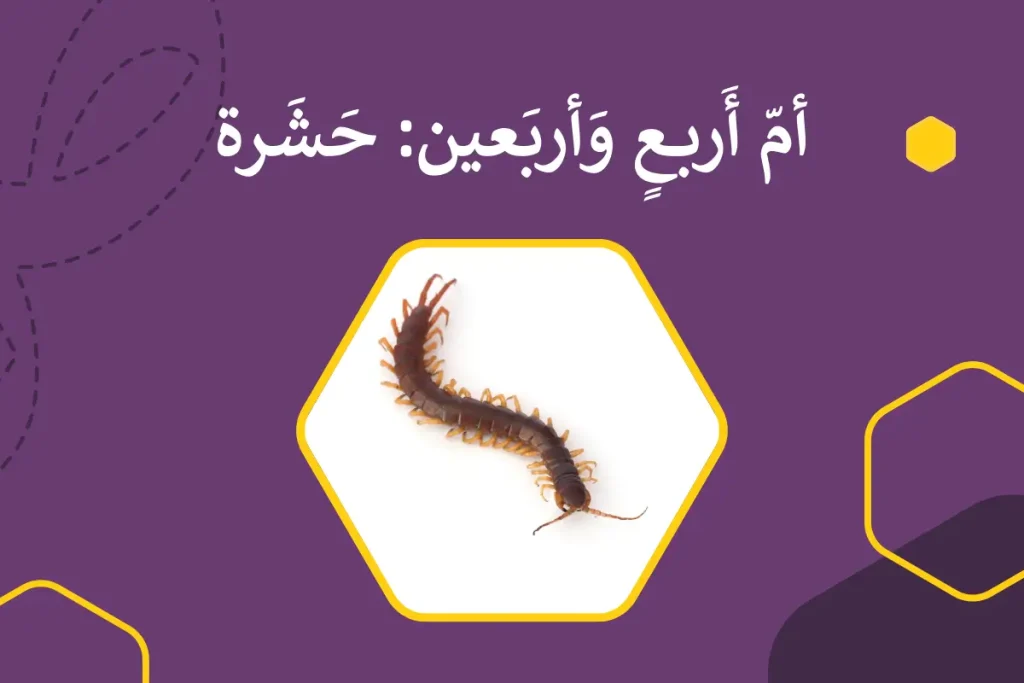
The Mother of Forty-four
Umm arbʻ waʼrbaʻyn
أمّ أَربعٍ وَأربَعين
Centipede
ḥasharah
حَشَرة
This expression, literally “Mother of Forty-Four,” is a common name for a many-legged insect, often from the centipede family. The name comes from the large number of legs, even though it may not literally have forty-four. It is used symbolically to evoke a sense of strangeness or fear.
In this context, the word “mother” does not indicate origin but serves a descriptive, often sarcastic or uncanny, function.
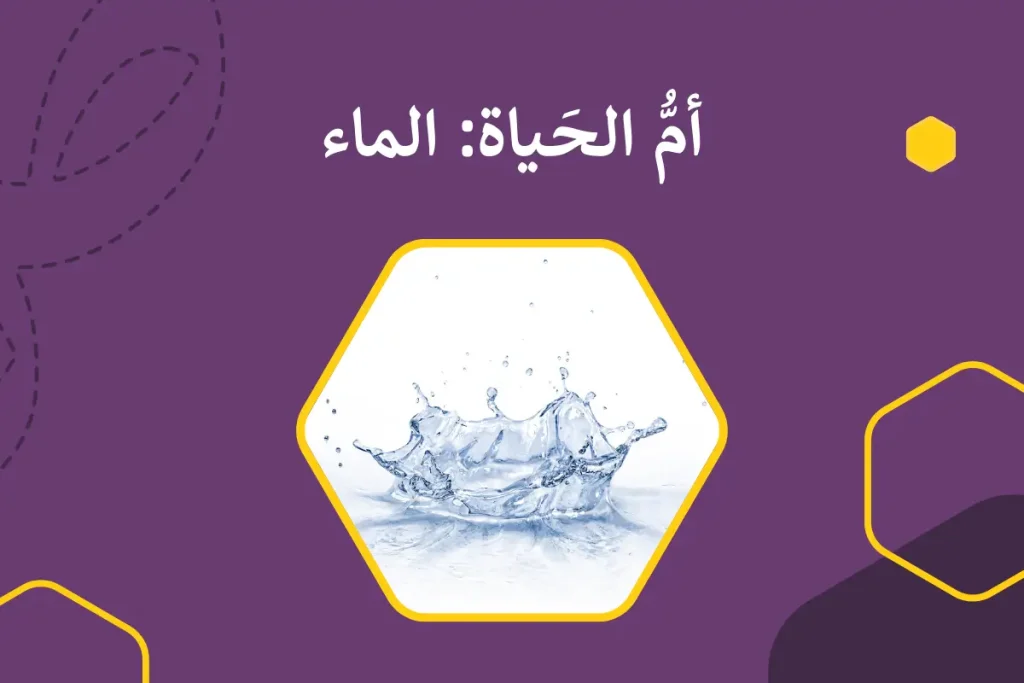
The Mother of Life
Ummu al-ḥayāh
أمُّ الحَياة
Water
al-māʼ
الماء
Water is the essential element upon which life is based, as emphasized in the Qur’anic verse: “And We made from water every living thing” – 30 Surat Al-Anbya’
For this reason, it is called the “Mother of Life,” since it is a prerequisite for the existence of living beings and the foundation of their survival, in biology, agriculture, or industry. Here, the word أم or “mother” signifies a vital source without which life cannot exist.
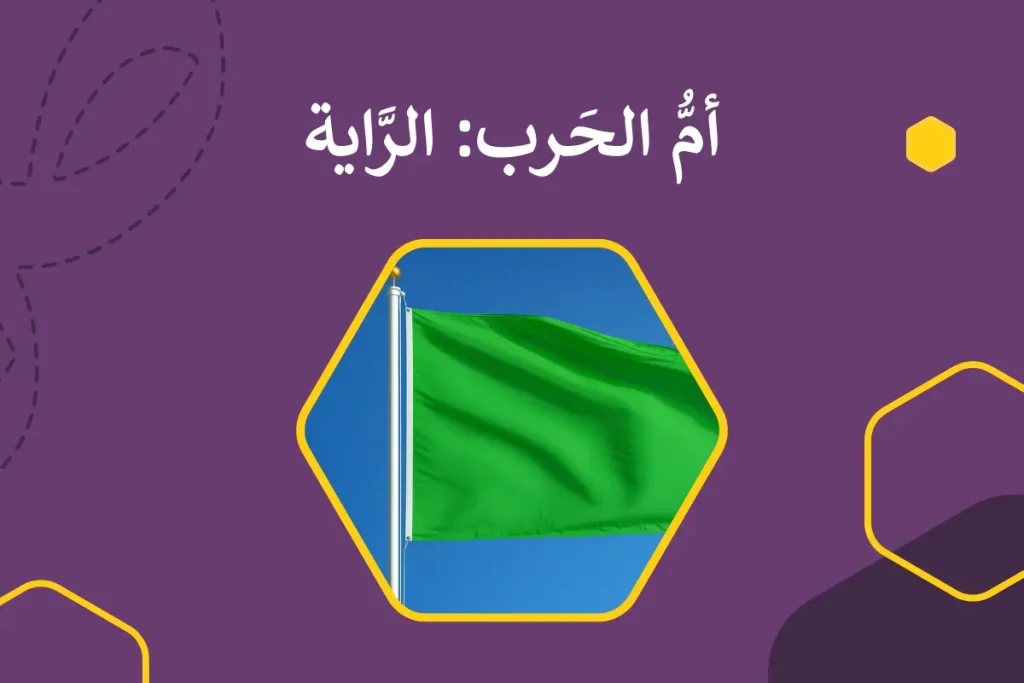
The Mother of War
Ummu al-ḥarb
أمُّ الحَرب
The Banner
al-rāyah
الرَّاية
In traditional warfare, the banner symbolized the entity for which the battle was fought, unifying soldiers around it. The fall of the banner signified defeat or the loss of leadership, which is why it was called the “Mother of War” because it is the symbolic and actual center of the conflict. Here, أمّ or “mother” refers to the element that inspires, leads, and sets the rhythm of the battle.
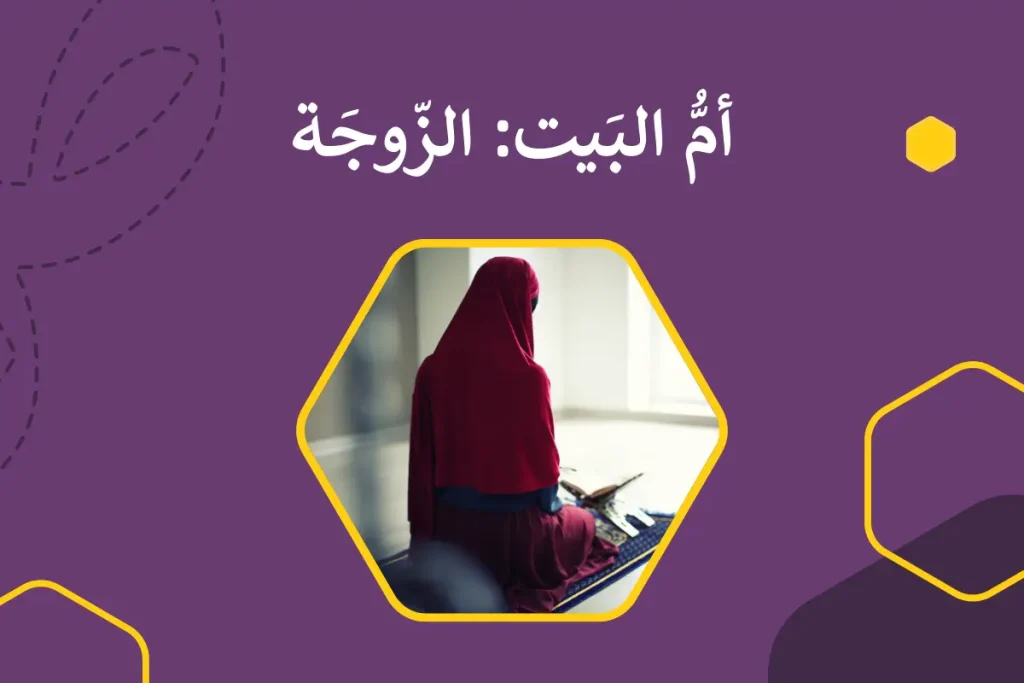
The Mother of the House
Ummu al-bayt
أمُّ البَيت
The Wife
al-zawjah
الزّوجَة
In Arab culture, the wife plays a central role in maintaining the household. She is described as the “Mother of the House,” meaning she is its center and source of stability. She manages its affairs, cultivates its emotional atmosphere, raises the children, and embodies the quiet strength that holds the family together.
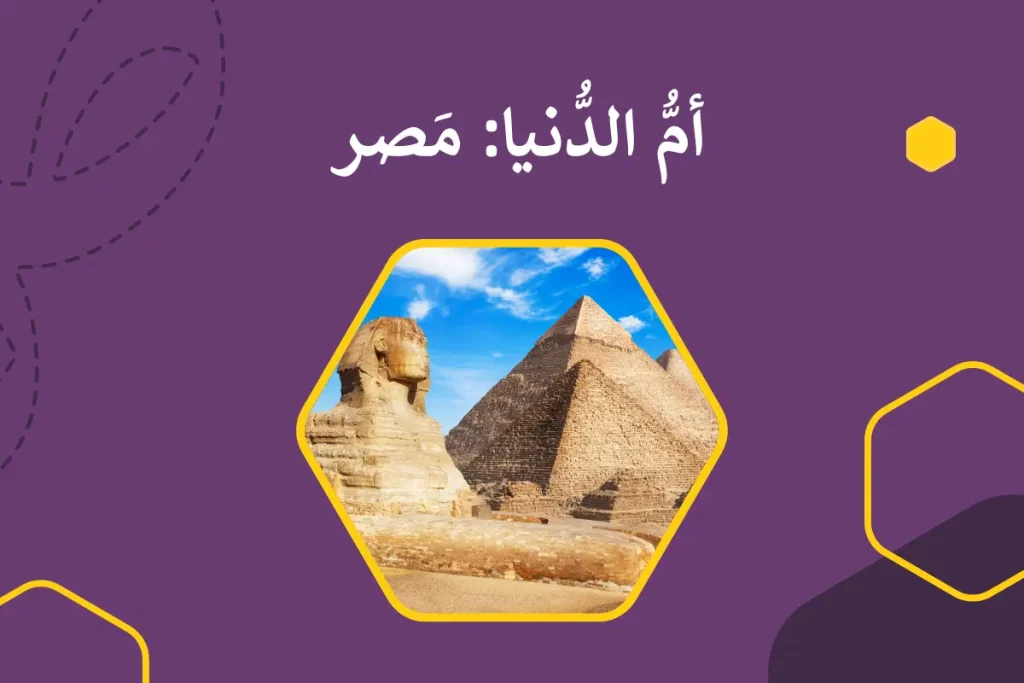
The Mother of the World
Ummu al-dunyā
أمُّ الدُّنيا
Egypt
Maṣr
مَصر
Egypt is often referred to as the cradle of civilization for its ancient history, cultural contributions, and geographical centrality. The popular expression in Egyptian and Arab culture, “Egypt is the Mother of the World,” reflects national pride in this status.
Egypt is considered one of the oldest known civilizations—the Pharaonic civilization—and was a pioneer in administration, architecture, writing, and agriculture. So, the expression أمّ الدنيا or “Mother of the World” refers to its being the origin of civilization or the primary source of social and cultural life.
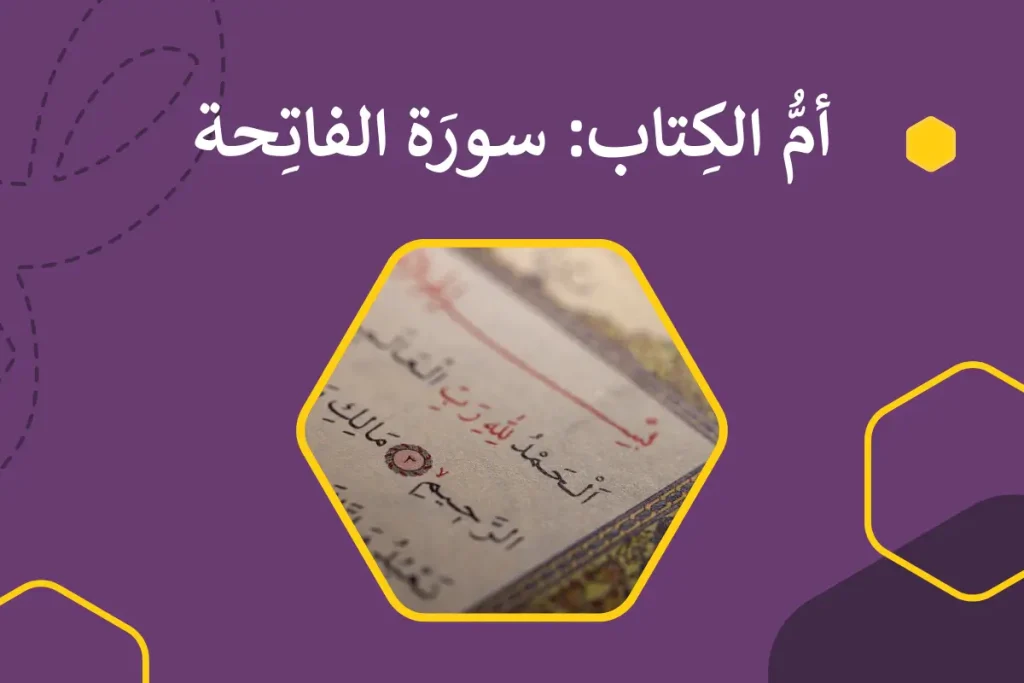
The Mother of the Book (Holy Quran)
Ummu al-kitāb
أمُّ الكِتاب
Surah Al-Fatiha
Sūrat al-Fātiḥah
سورَة الفاتِحة
As the opening chapter of the Quran, Surah Al-Fatiha sets the tone for all that follows. It is called the “Mother of the Book” because it sums up the core objectives of the Qur’an and is recited in every prayer.
It is an introduction to the Qur’an, opening the Mushaf, and contains profound themes such as monotheism, servitude, reliance on God, and guidance. For that reason, it is considered the doctrinal and spiritual essence or summary of the entire Qur’an.
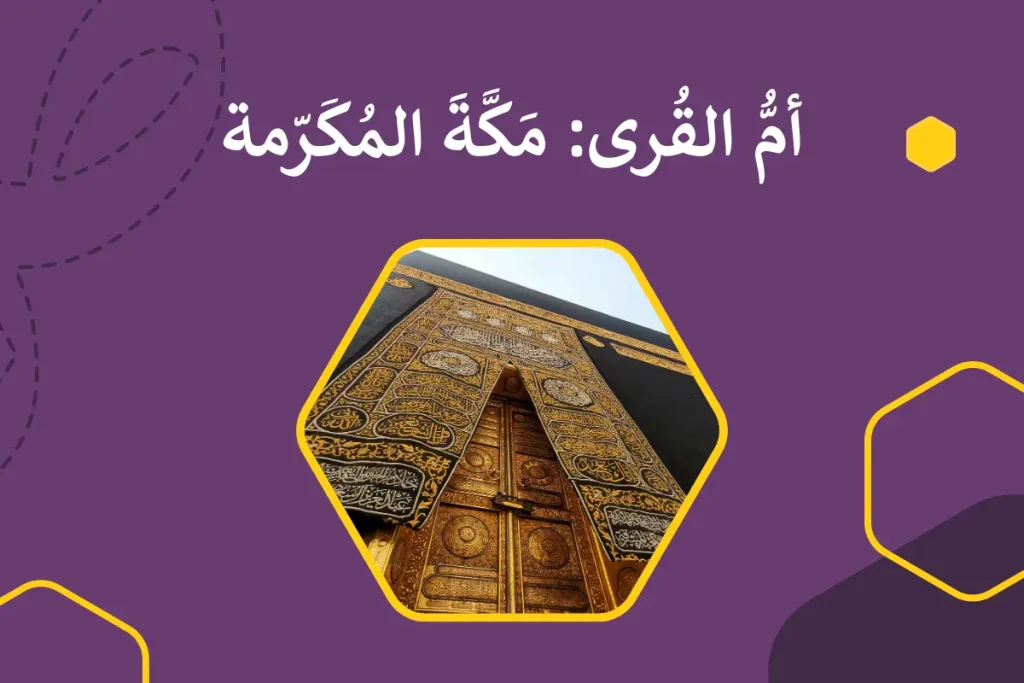
The mother of Villages
Ummu al-qurá
أمُّ القُرى
(Holy) Mecca
Makkah al-Mukarramah
مَكَّةَ المُكَرّمة
Mecca holds a central place in Islamic tradition as the birthplace of the Prophet Muhammad (PBUH) and site of the Kaaba. The term “Mother of Cities” (Ummu al-Qurá) is used in the Qur’an to refer to Mecca, recognized as the oldest and most honored of cities, from which the Islamic message began.
It represents the ‘mother city’ around which other settlements formed, or which serves as a spiritual and historical reference point for other cities. The word أمّ here expresses Mecca’s religious, historical, and cultural centrality.
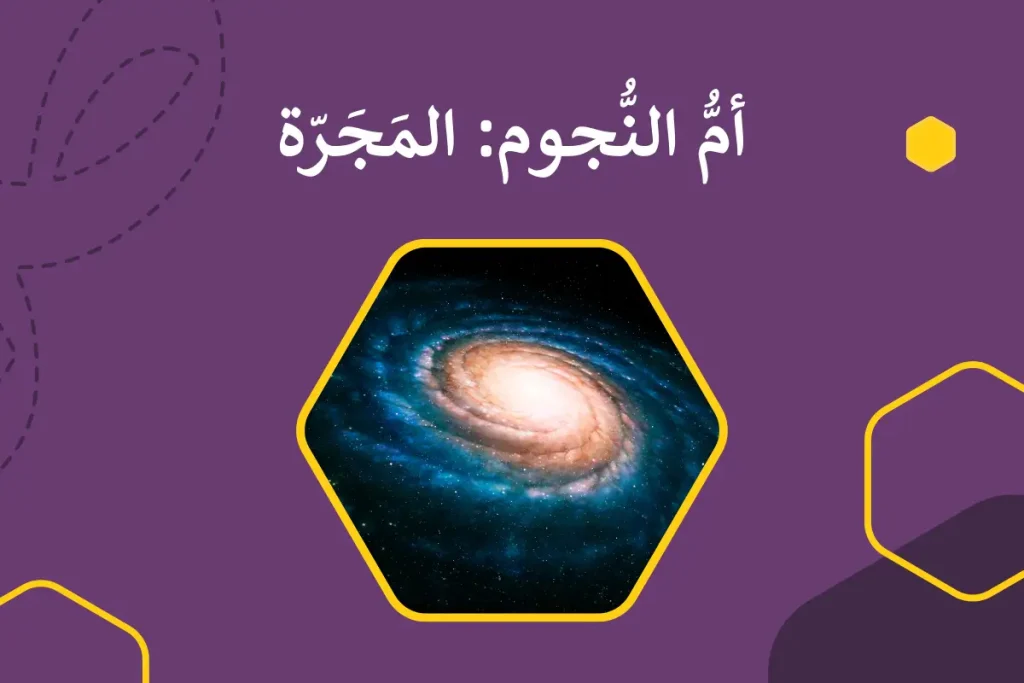
The Mother of Stars
Ummu al-nujūm
أمُّ النُّجوم
The Galaxy
al-majarrah
المَجَرّة
The galaxy is described as the “Mother of Stars” or أمّ النجوم because it contains a great number of stars and forms a huge cosmic environment in which stars are born and move. For that reason, it is called أم or “mother” to reflect a sense of cosmic containment and nurturing.
Final word
Now that you’ve explored the rich and symbolic use of “mother” in Arabic expressions, keep in mind that using them actively is the best way to make them part of your Arabic vocabulary.
Write them down and try to put them in examples to fortify them in your memory.
If you enjoyed reading these beautiful Arabic phrases, you can check our articles on meaningful Arabic expressions and proverbs:
– 10 Wise Arabic Sayings with Meaningful Comparisons
– 5 Inspiring Arabic Proverbs on Good Morals and Ethics
– 10 Arabic Expressions Inspired by Food and Eating
And to work further on your Arabic, download AlifBee App to enjoy learning Arabic with countless engaging exercises.
Happy Mother’s Day!!


